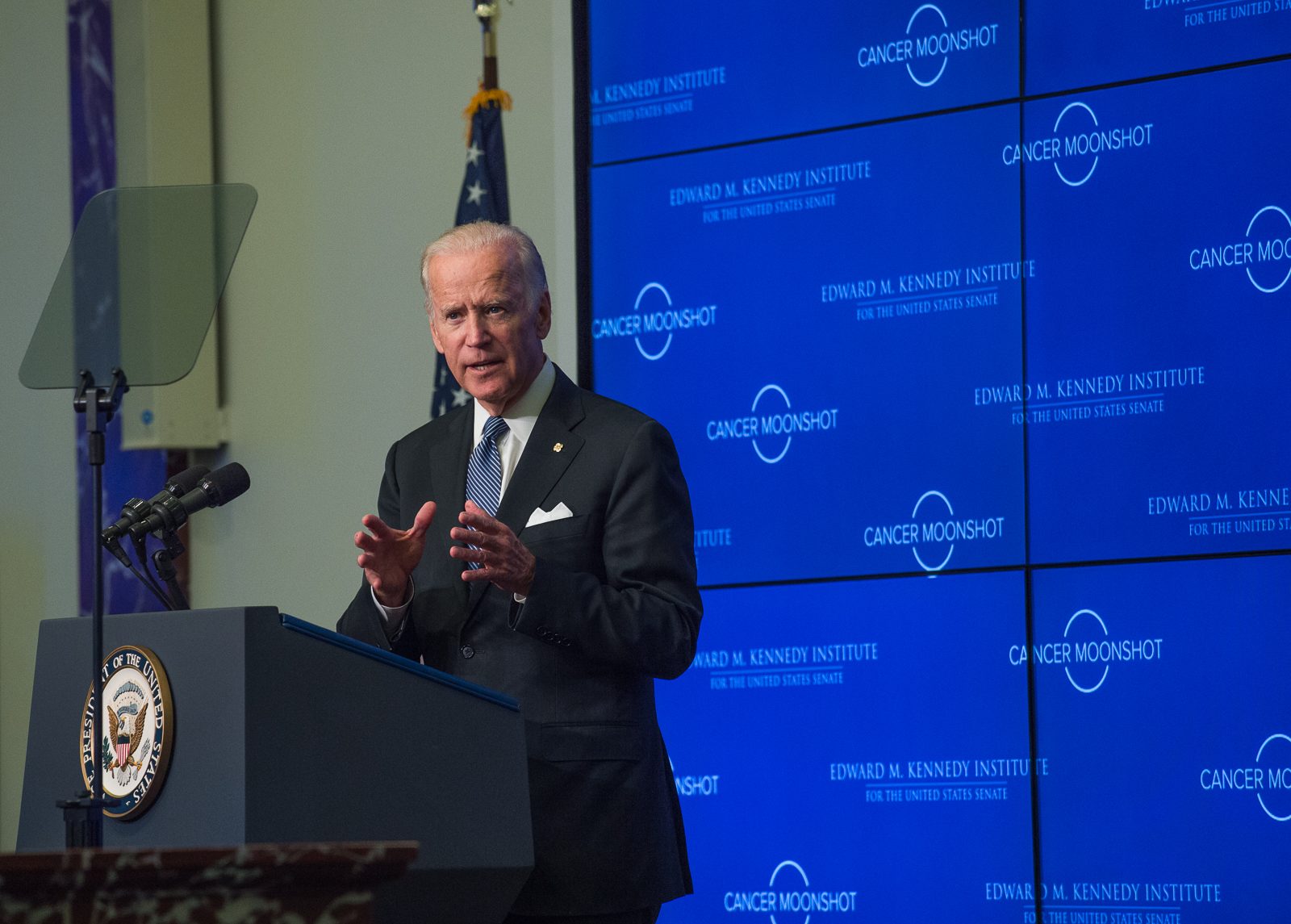Public opinion on the death penalty in America has more influential and immediate effects on criminal policies than other European countries such as France, speakers said at Harvard University Friday.
A panel comprised of Yale Law School professor James Whitman, Bowdoin College professor Paul Friedland, Harvard John F. Kennedy School of Government professor Moshik Temkin and Harvard Law School professor Carol Steiker spoke of the differences between the U.S. and France’s views on the death penalty to an audience of about 20.
Whitman said the death penalty debate was also representative of general trends in punishment and human rights movements in each country.
“What we see in the history of the death penalty is something that we see much more broadly in Europe in criminal punishment: a drive to abolish forms of degradation,” he said.
He also said the European view on criminal justice today differs from the American view because of a European focus on criminals’ rights and dignity.
“The most important factor in explaining the harshness in American criminal punishment is that criminal justice is a subject of electoral politicking in the U.S. in a way that’s not the case in Western Europe,” he said.
Friedland provided a historical background of capital punishment in France. He discussed how in French history, officials aimed to hold public executions to set an example for the citizens of France, but spectators viewed them for all the wrong reasons.
Although France fully abolished the death penalty in 1981, Friedland said public executions attracted many in a similar way a concert or sporting event would.
“French people were positively obsessed with executions,” he said. “Certain aspects of pre-modern executions still linger within modern capital punishment.”
Temkin said people have a tendency to generalize attitudes toward the death penalty in foreign countries.
“I think that we really should reject public opinion per se as an explanation for the differences [between] the U.S. and France, [with] the idea that Americans support the death penalty and Europeans don’t support the death penalty,” Temkin said.
Steiker said political influence plays the most important role in the debate between American and French attitudes toward the death penalty.
“A lot of what’s driven the difference between France and the U.S., Europe and the U.S. has to do with the political and populist influence on policy,” she said.
























































































































